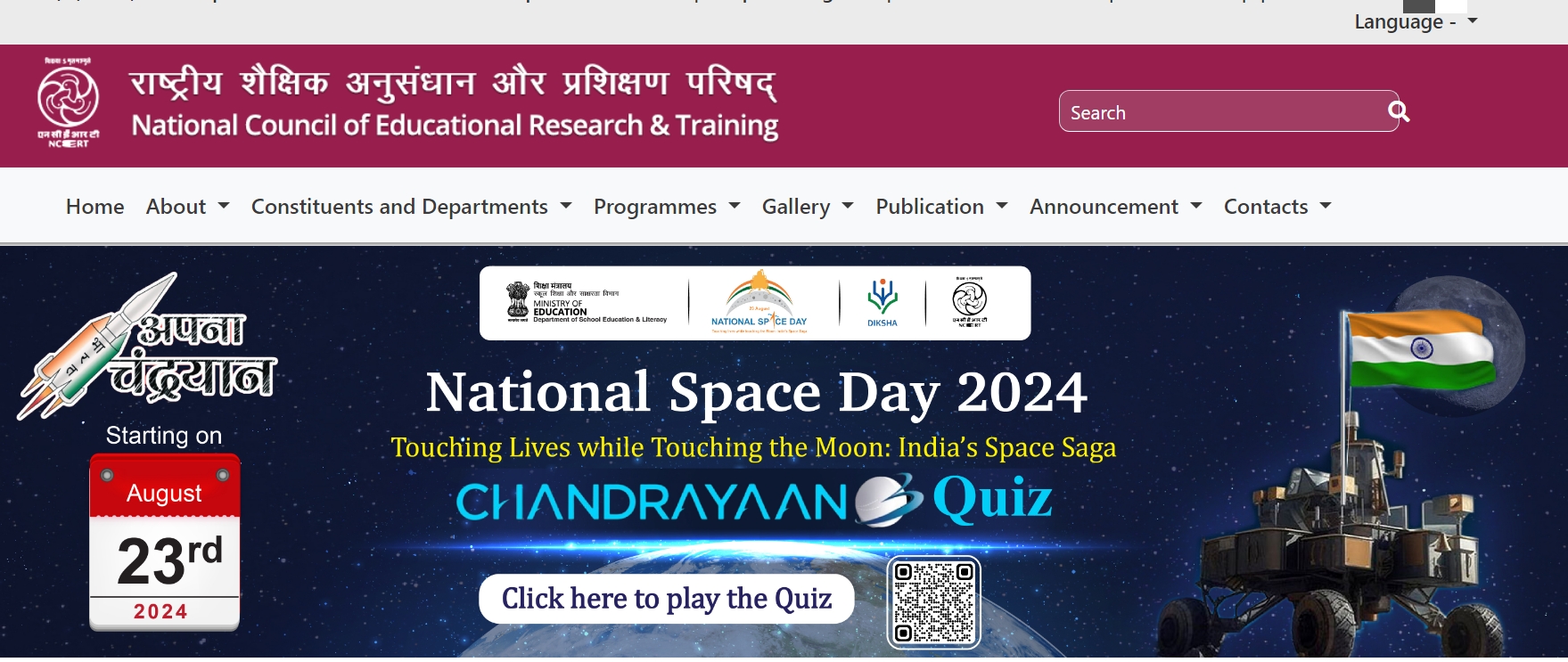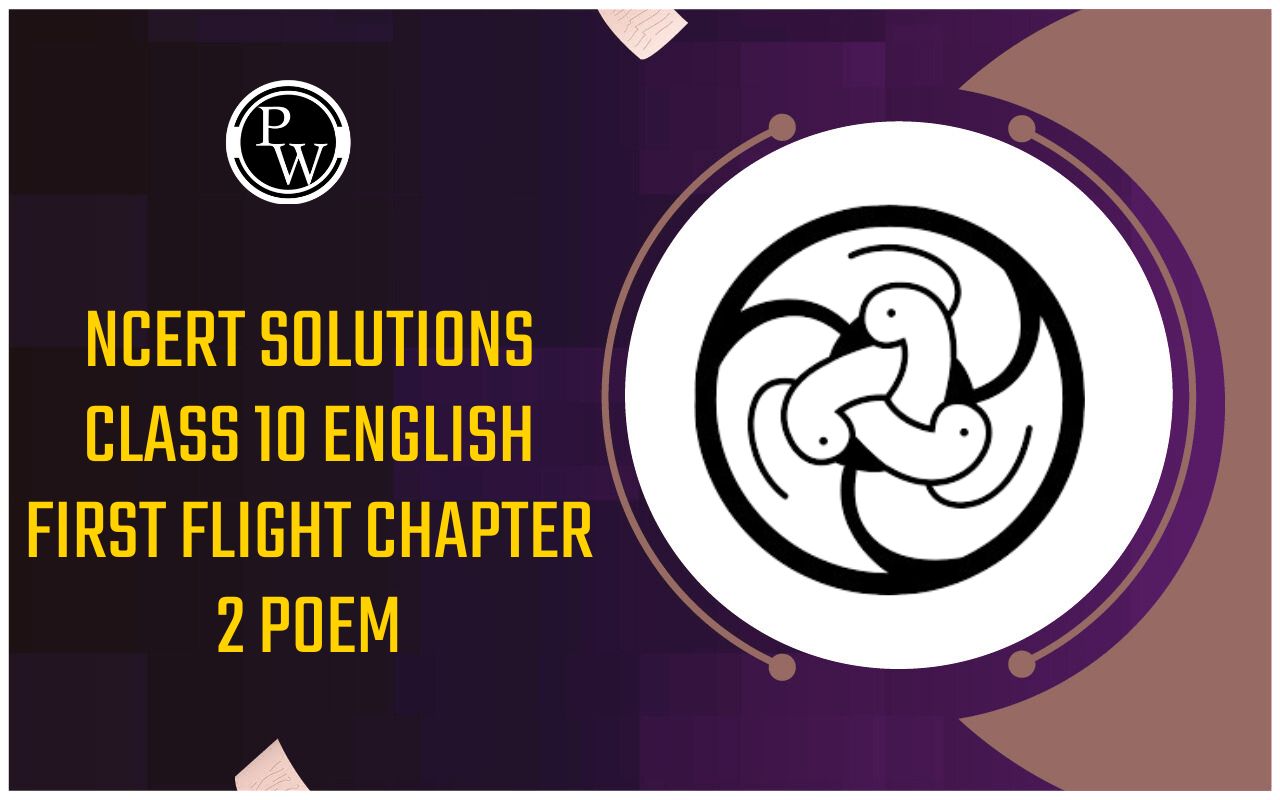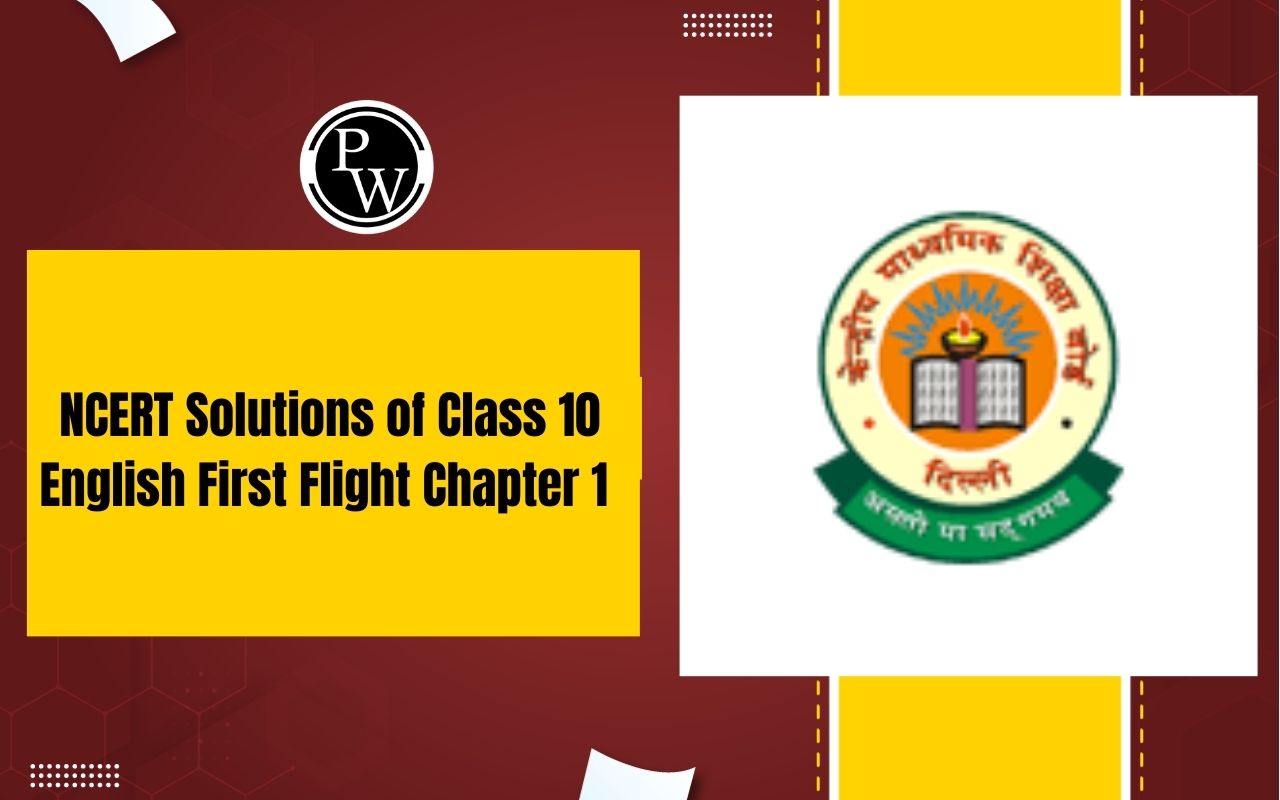
Class 12 Board Results to Include Marks of Classes 9 to 11: With the goal of promoting holistic learning and standardising assessments throughout India, the National Council of Educational Research and Training (NCERT) has made a ground-breaking proposal to significantly alter the Class 12 board exams.
 The proposed modifications would include marks from Classes 9 through 11 in addition to evaluating students' performance in the final year in the Class 12 board exams. As per the suggested approach presented in a paper named "Establishing Equivalence across Education Boards," the final board test should include cumulative performance measures from Classes 9 through 11.
The proposed modifications would include marks from Classes 9 through 11 in addition to evaluating students' performance in the final year in the Class 12 board exams. As per the suggested approach presented in a paper named "Establishing Equivalence across Education Boards," the final board test should include cumulative performance measures from Classes 9 through 11.
Class 12 Board Results to Include Marks of Classes 9 to 11
The Class 12 board exams would account for 40% of a student's final score under the new system. Their cumulative performance from prior classes would determine the remaining 60%: 15% from Class 9, 20% from Class 10, and 25% from Class 11. By accounting for a student's growth and development throughout time, this technique seeks to provide a more comprehensive assessment of the academic progress and capabilities of the student. Furthermore, the NCERT has suggested that the board exams place more of a focus on vocational and skill-based education. This change is in line with the government's goal of encouraging skill development and increasing the value of education in the labour market. The board exams' inclusion of skill-based and vocational components would better prepare students for the demands of the twenty-first century.How the NCERT’s Proposal Will Benefit Students?
The suggestion by the NCERT to restructure the Class 12 board exams is a big move in the right direction for India's education reform. With an emphasis on vocational and skill-based education and the integration of previous class marks, the new model seeks to build a more comprehensive and pertinent evaluation system that better equips students for the challenges of the future. It is expected that the adjustments will provide pupils with a number of advantages:- Decreased Stress: Since students' overall performance will be taken into consideration, adding marks from previous classes should help relieve some of the pressure related to the Class 12 board exams.
- Holistic Assessment: By acknowledging students' progress over time, the new model would offer a more thorough assessment of their learning.
- Relevance to the Job Market: Students' job chances will be improved and their future preparation forwarded by emphasising vocational and skill-based education.
- Standardised Evaluations: The modifications will contribute to the uniformity of board assessments throughout India, guaranteeing that students from various areas and backgrounds receive fair and equal evaluations.
Functions of NCERT
The National Council of Educational Research and Training (NCERT) in India has several important functions:Curriculum Development : NCERT is responsible for designing and developing curricula for school education across different levels. This includes formulating syllabi and guidelines for various subjects to ensure a standardized and comprehensive educational framework.
Textbook Publication : NCERT publishes textbooks for students from Classes 1 to 12. These textbooks are designed to be in line with the curricula and are widely used across schools in India.
Educational Research : The council conducts educational research to inform policy and practice. This research helps in understanding educational trends, challenges, and the effectiveness of teaching methods.
Teacher Training : NCERT provides training programs and resources for teachers to enhance their skills and knowledge. This helps in improving the quality of teaching and learning in schools.
Educational Assessment : NCERT develops and implements assessments and evaluation tools. These tools help in measuring students' understanding and performance, and they inform improvements in teaching strategies.
Policy Recommendations : The council offers recommendations and advice to the government on educational policies and reforms based on research and analysis.
Class 12 Board Results to Include Marks of Classes 9 to 11 FAQs
What is the new policy on including Class 9 to 11 marks in Class 12 board results?
How will the marks from Classes 9 to 11 be calculated in the Class 12 board results?
Why has this change been introduced?
Will this policy affect all students taking the Class 12 board exams?
Will there be any changes to the Class 12 board exam structure?










